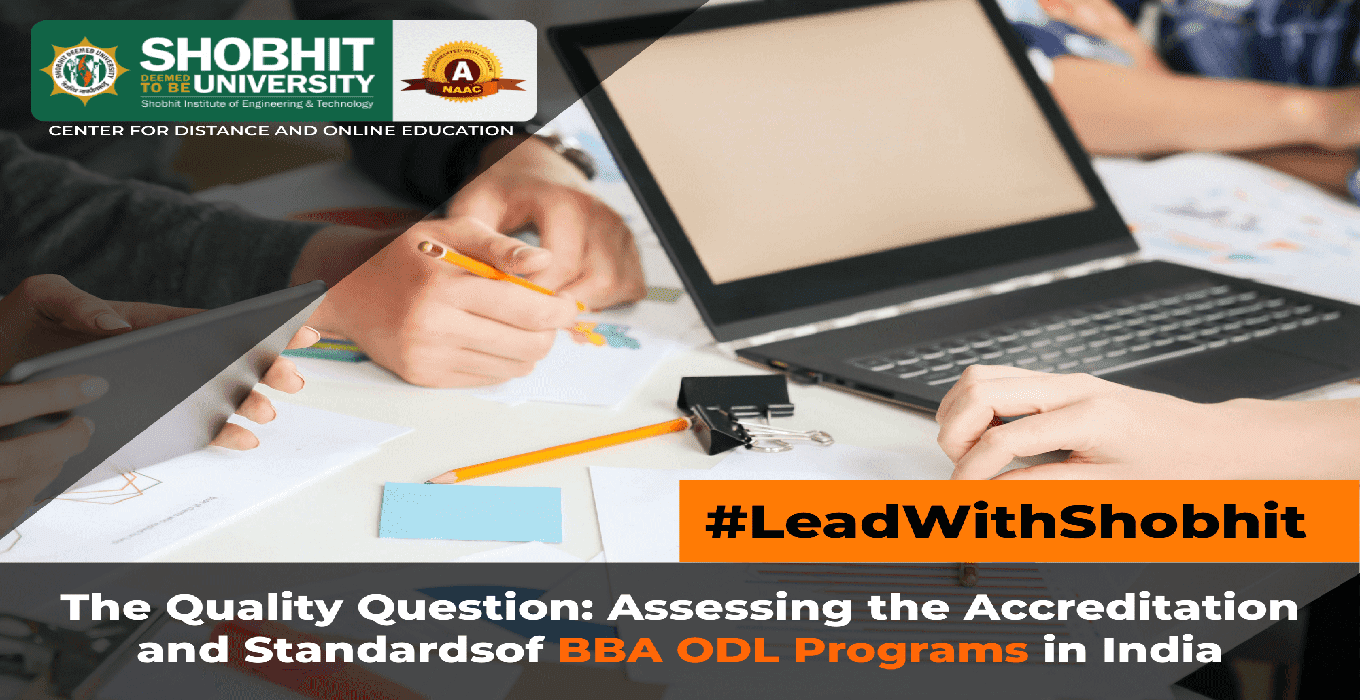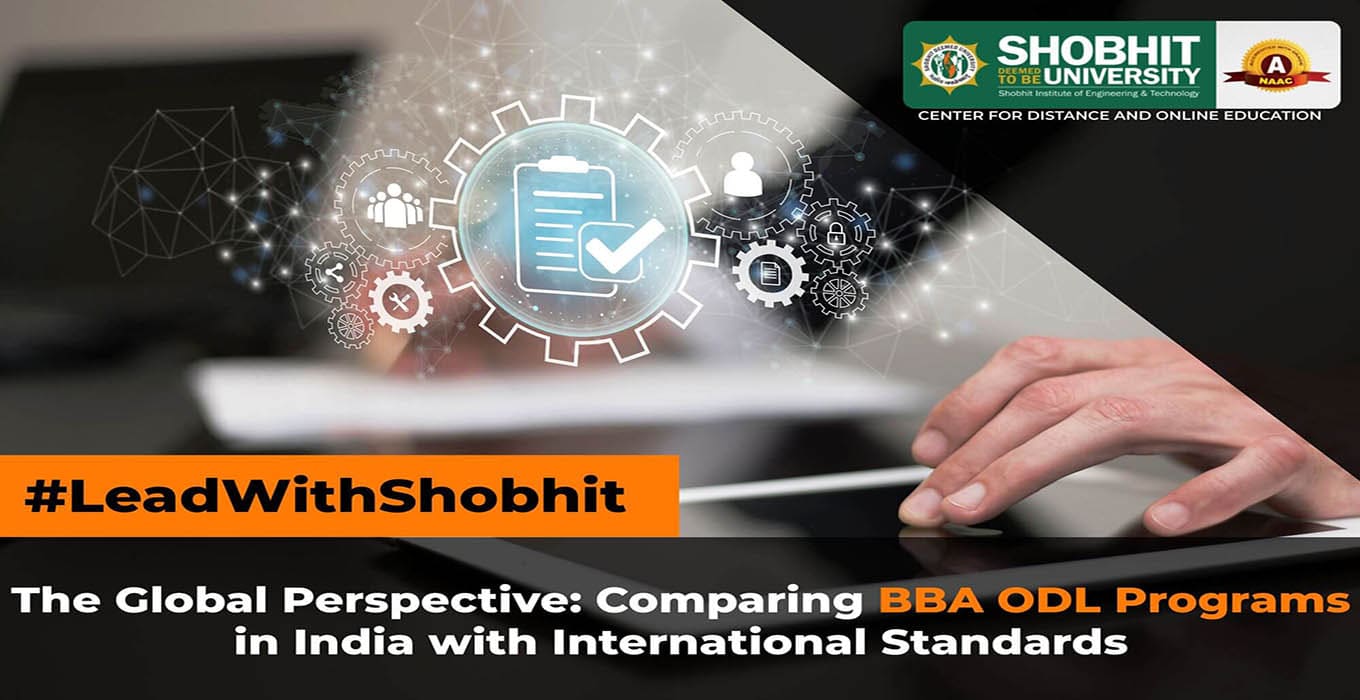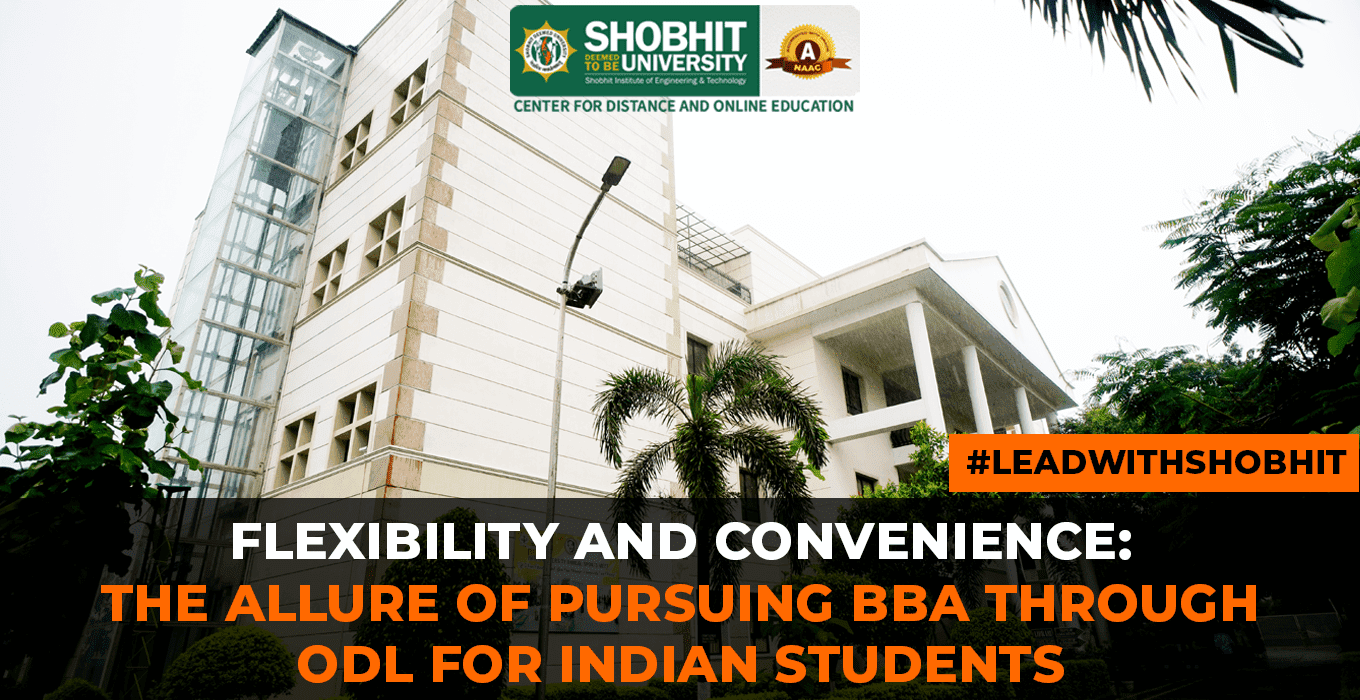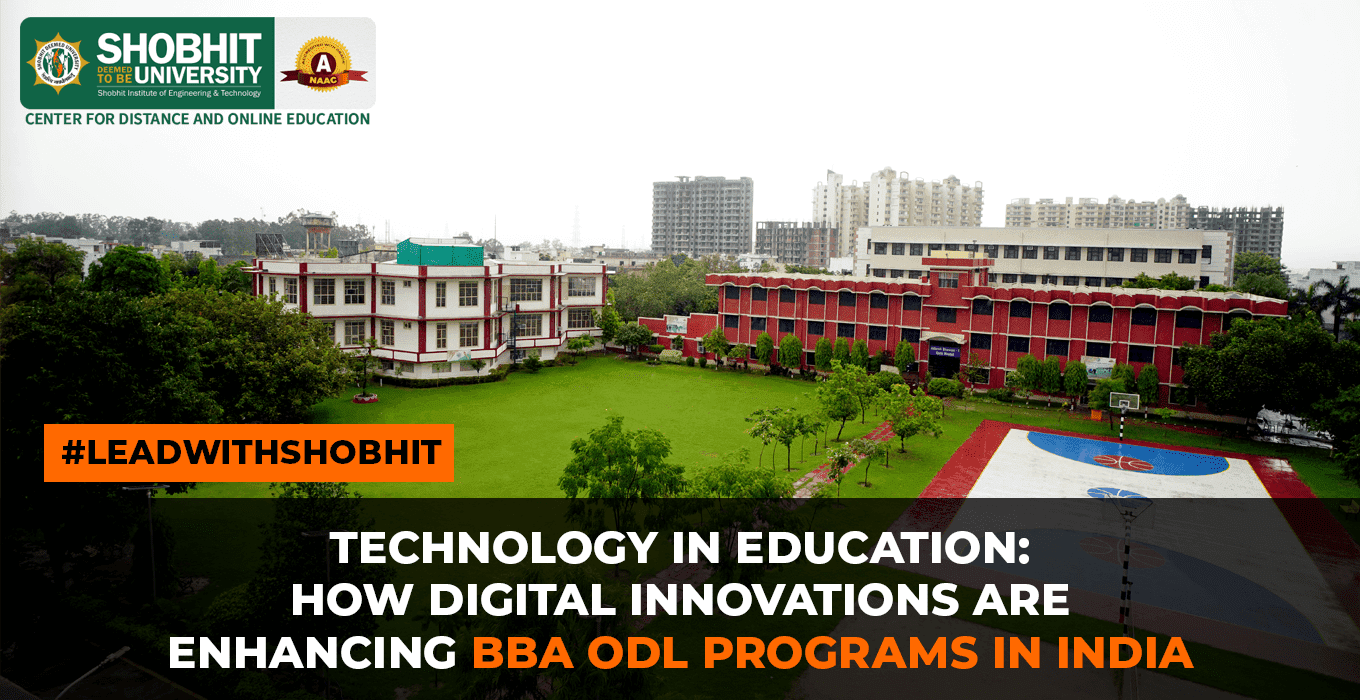In India, the quality and accreditation of Bachelor of Business Administration (BBA) programs offered through Open and Distance Learning (ODL) are crucial factors that determine their recognition and value in the job market. These programs are increasingly scrutinized to ensure they meet educational standards and are recognized by employers.
Key Regulatory Bodies and Guidelines
- All India Council for Technical Education (AICTE): AICTE has expanded its regulatory purview to include undergraduate management programs like BBA. This move, starting from the academic session of 2024, aims to bring more coherence and integration between undergraduate and postgraduate management education in India. It’s expected to facilitate better standards in BBA programs, aligning them with the rigor seen in MBA/PGDM programs.
- University Grants Commission (UGC): The UGC and its Distance Education Bureau (DEB) play a significant role in regulating and maintaining the quality of ODL programs. Institutions offering BBA ODL programs must adhere to UGC’s guidelines and acquire recognition to ensure their degrees hold value.
Criteria for Accreditation and Approval
- Institutions with high NAAC scores (above 3.01 on a scale of 4) or National Board of Accreditation (NBA) scores (above 700 on a scale of 1000), and those ranked in the Top 100 in the NIRF university category, can offer ODL programs with prior AICTE approval. However, they must still comply with specific guidelines and ensure quality standards.
Ensuring Program Quality
- Regular assessments and third-party academic audits every five years are mandated for institutions offering BBA ODL programs. This ensures continuous monitoring and enhancement of the educational quality.
- Institutions must also adhere to norms regarding infrastructure, academic standards, faculty qualifications, and learner support as stipulated by the UGC and AICTE.
Implications for Students
For students looking to enroll in BBA ODL programs, it’s essential to check the accreditation status of the institution and the recognition of the program. The legitimacy and value of their degree largely depend on these factors.
Role of Universities
Institutions like Shobhit Deemed University in Meerut and others are expected to align with these regulatory frameworks to offer BBA ODL programs that meet industry demands and maintain educational quality. By adhering to these standards, they ensure that their graduates are well-prepared to meet the challenges of the modern business world.
In conclusion, the regulation of BBA ODL programs in India by bodies like AICTE and UGC/DEB is a significant step towards maintaining educational quality and ensuring that these degrees are respected and valued in the job market. As the regulatory landscape evolves, these programs are likely to see further enhancements in their standards and recognition.








